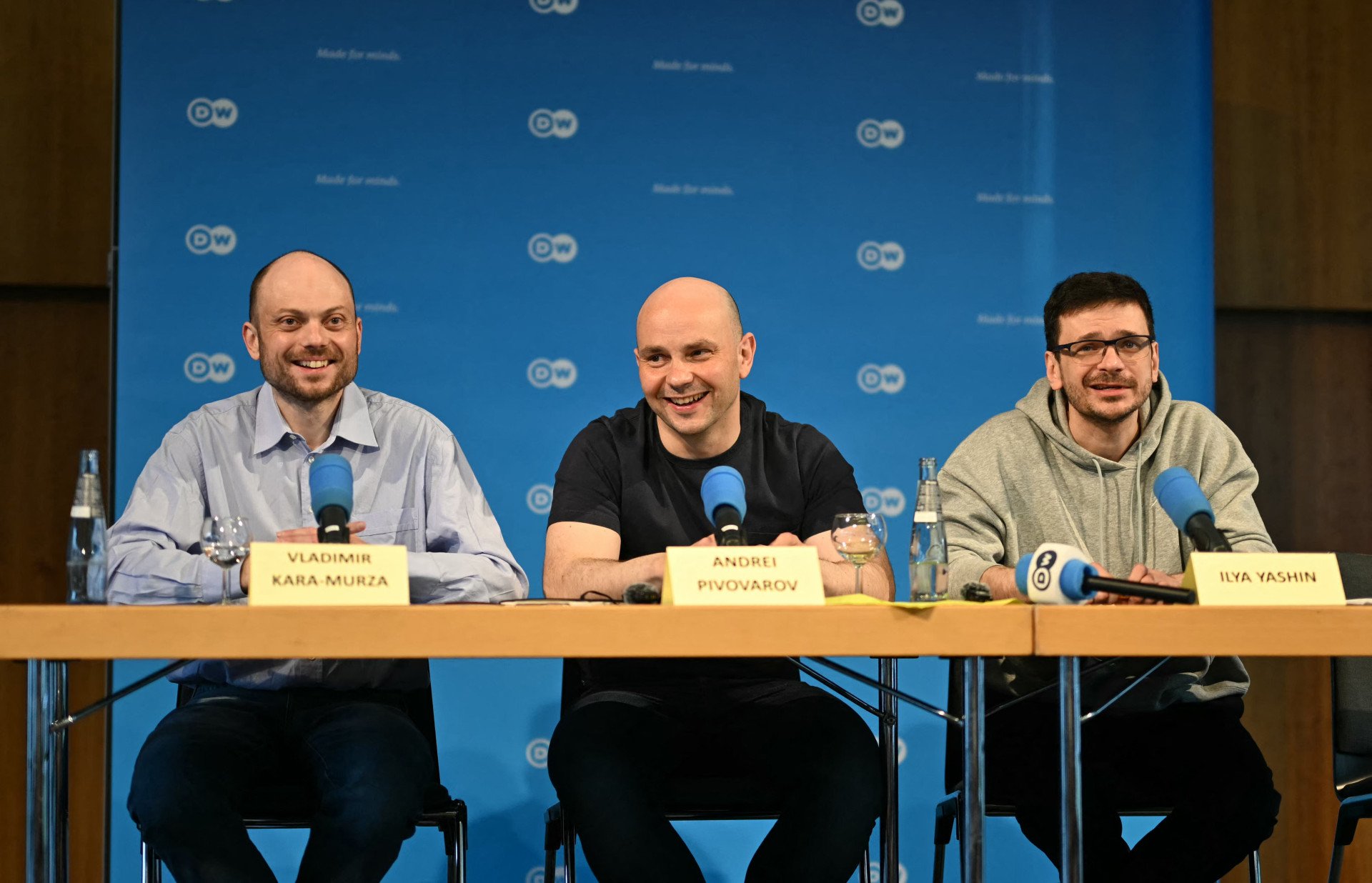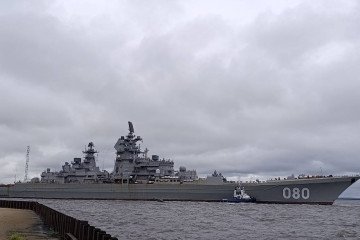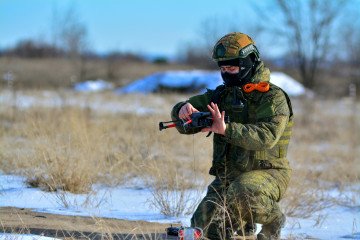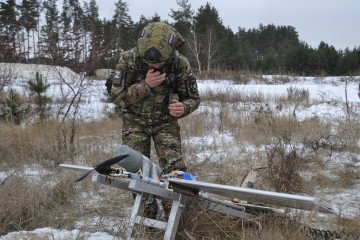- Category
- Latest news
What Did Prominent Russian Opposition Figures Say Immediately After the Russia-West Prisoner Swap?

At a recent press conference in Bonn, prominent Russian opposition figures Ilya Yashin, Andrey Pivovarov, and Vladimir Kara-Murza, who were recently released in a major prisoner exchange between Russia and the West, shared their views on the ongoing war in Ukraine and international sanctions against Russia. Their statements reflect a critical stance towards the current Russian regime and a call for a reassessment of international policies towards ordinary Russians.
Ilya Yashin: Call for Political Amnesty and Return to Russia
Ilya Yashin, who considers his release “an illegal deportation from Russia” was imprisoned for “discrediting the army,” shared an optimistic outlook on his release, viewing it as a beacon of hope for the numerous political prisoners still detained in Russia. Reflecting on his “deportation,” Yashin stated, “Being forced out of my own country is a deeply painful experience. Yet, I remain hopeful that my departure will highlight the plight of the many others still imprisoned.” He stressed the urgency of addressing the broader issue of political repression in Russia, asserting, “Our release should not be seen as a resolution but as a starting point for demanding full political amnesty for all those wrongfully convicted.”
Yashin, who considers himself a patriot, expressed a strong desire to return to Russia and continue his activism from within his homeland. “I love my country and want nothing more than to return and contribute to its betterment,” he said. He emphasized the necessity of resolving the ongoing war in Ukraine, declaring, “The foremost demand must be to end this destructive and aggressive war in Ukraine.” Yashin argued that the continuation of the war is detrimental not only to Ukraine but to Russia itself, and his “deportation” has only strengthened his resolve to see change from within Russia.
Despite his supposedly strong stance, Yashin’s initial use of the term “military conflict”—which he later clarified as a reflection of cautious opposition rhetoric—reveals a larger issue: the need for more decisive and uncompromising criticism of Russia’s actions.
Andrey Pivovarov: Reducing Political Risks and Reassessing Sanctions
Andrey Pivovarov, former executive director of “Open Russia,” focused on the need to reduce political risks for Russians wanting to express protest. “Our main task now is to guide those who are ready to act but fear political risks and give people the opportunity to express their views without fear,” he stated. Pivovarov criticized the broad application of Western sanctions, advocating for their reassessment to avoid harm to ordinary Russians. He noted, “We need to counter the myth that people abroad hate Russians. Sanctions should not punish ordinary people but should be directed at the regime responsible for these actions.”
Vladimir Kara-Murza: Injustice of Western Sanctions and Defense of Democratic Principles
Vladimir Kara-Murza, a well-known opposition figure and journalist, expressed strong criticism of Western sanctions imposed against Russia. He argued that sanctions unfairly target all Russians rather than those directly involved in human rights violations and corruption. “The Magnitsky Law principle is that those who, based on verified and credible information, have participated in corruption and human rights abuses should not benefit from democratic principles abroad,” said Kara-Murza.
He condemned the deviation from this principle by many democratic countries, stating, “We see that recent sanctions are directed not against Putin’s regime and specific criminals within it, but against the entire country and all Russian citizens.” Kara-Murza described this approach as “extremely unfair and counterproductive,” allowing Russian propaganda to portray the country as a victim of international persecution. He advocated for sanctions to be personalized and targeted at those who are directly responsible for crimes, reiterating Boris Nemtsov’s words: “Punish the villains, not the country.”
Opposition in Russia
The statements made by released opposition figures Ilya Yashin, Andrey Pivovarov, and Vladimir Kara-Murza reflect a broader issue with the state of opposition in Russia. Despite high-profile cases like Navalny’s, there has been a notable lack of substantial, organized opposition movements in the country.
The Russian political landscape has seen sporadic protests and symbolic acts, such as mourning events or demonstrations, but these efforts have often been short-lived and have not resulted in significant political change. Historical instances, including reactions to Putin’s elections, Shoigu’s dismissal, and the “Prigozhin March,” demonstrate a pattern of temporary and ineffective political activity.
In regions like Bashkortostan, recent attempts at protest quickly dissipated, indicating the challenges faced by opposition movements in gaining sustained traction. Additionally, the political climate remains restrictive, and there are systemic barriers to the organization and mobilization of substantial opposition.
There is also a general apathy towards the conflict in Ukraine among many Russians until it directly impacts their own territory. Statements from opposition figures suggest that while there is vocal criticism of the regime, it often lacks the necessary scale and organization to challenge the government effectively.
The tendency to focus blame solely on the regime, rather than addressing the broader complicity of the population, reflects a challenge in achieving widespread opposition. Many Russians continue to support or tolerate the current regime’s actions, including the military aggression in Ukraine, which complicates efforts to build a robust opposition movement.
The situation illustrates that while individual voices may criticize the regime, the collective impact of opposition efforts remains limited by various factors, including political repression, societal apathy, and the effectiveness of state control mechanisms.





